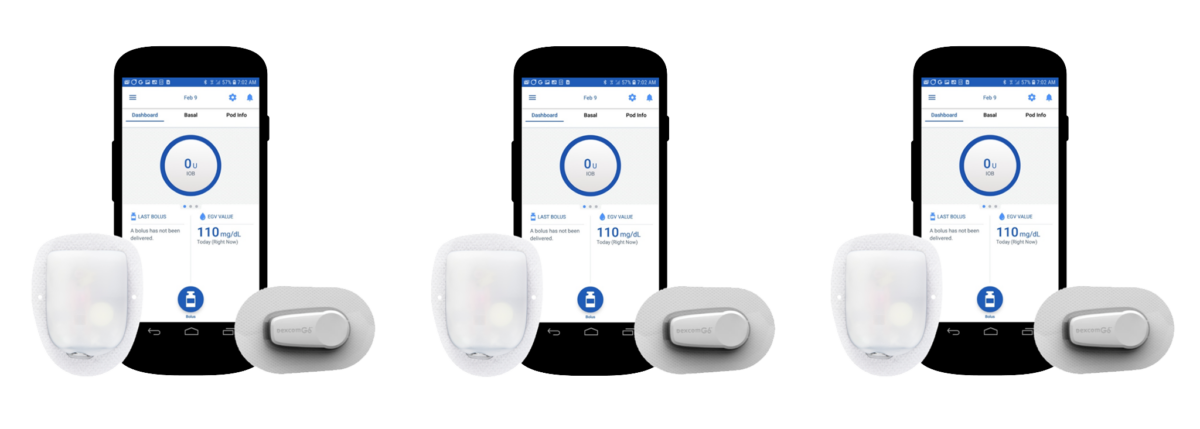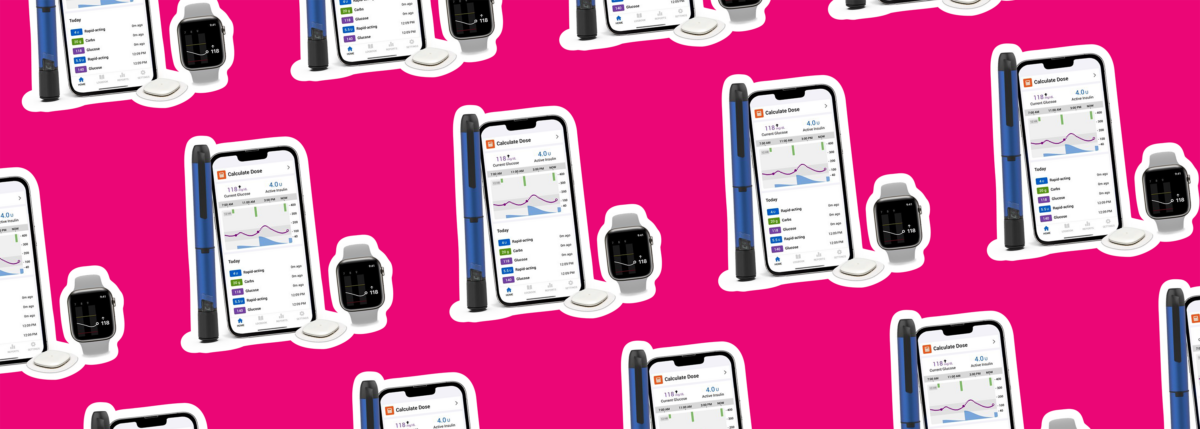How accurate are blood glucose meters?
Written by: Greg Brown
3 minute read
September 19, 2017
Un estudio independiente de la Diabetes Technology Society estableció que solo seis de los medidores que se evaluaron registraban los niveles de glucosa en sangre de manera consistente y confiable.
If you have type 1 or type 2 diabetes, then you know how important it is to check your blood sugar, whether that’s with a continuous glucose meter (CGM) or the manual blood glucose meter (BGM). And when you are on one end of the spectrum, or just not convinced by your CGM number, you test with a blood glucose meter, right? But what if your BGM were inaccurate as well? Just how accurate is the quintessential diabetes management tool?
An independent study by the Diabetes Technology Society of 18 popular FDA-approved blood glucose monitoring systems released last month found that only six tested meters recorded blood glucose levels (BGLs) as consistently and dependably as laboratory tests.
The six highest-functioning monitors reported results within 15 percent of laboratory tests taken for comparison 95 percent of the time. The other 12 meters were only on the mark between 71 and 92 percent of the time. While the deviation on the meters was sometimes minor, minor mistakes can eventually lead to big complications.
The study used BGMs bought in retail locations and tested 1,035 people in three different laboratory locations. It was conducted by a team of researchers led by David C. Klonoff, MD, of the Diabetes Research Institute at San Mateo, Calif.-based Mills-Peninsula Medical Center and funded by Abbott Laboratories.
The study was not isolated to people with type 1 diabetes (T1D). Among those who participated in testing the BGMs, 370 people had T1D, while the others had type 2 diabetes (T2D), pre-diabetes, or did not have diabetes at all.
The meters tested were developed by Bayer, Roche, Arkray, Agametrix, Abbott, LifeScan, Prodigy, Omnis Health, HDI/Nipro, BioSense Medical, Diabetic Supply of Suncoast and Philsys, and they represented 90 percent of the meters available on the market from 2013 to 2015.
The six meters that were consistently reported clinically accurate BGL results were the Bayer Contour Next, Roche, ACCU-CHK AVIVA Plus, Arkray Walmart ReliOn Confirm (Micro), Agamatrix, CVS Advanced, Abbott FreeStyle Lite, Roche Accu-Chek Smart View.
The study results come at a time when the FDA is continuing its crackdown on inaccurate BGMs. As monitors have become more of a staple in managing diabetes, companies have pushed hard to maximize on the product market. The thing to remember here is that not every meter that hits that market is trustworthy. The FDA approved 61 meters in 2012, while only approving 35 in 2015 and 20 in 2016.
While all the tested meters in the study were FDA-approved, it appears they were not all created equally. Data bias could account for the discrepancies in accuracy seen in the study. When the FDA reviews new meters for approval, it generally looks at company-reported trials and medical data. The study gathered independent meter data using a methodology that was more rigorous than the standards the FDA uses for approval.
The first step in protecting your health and safety may be seeing how your meter stacks up.
Passing Devices According to the Study
- Contour Next from Ascensia (formerly Bayer) – 100 percent accurate
- Accu-Chek Aviva Plus from Roche – 98 percent accurate
- Walmart ReliOn Confirm (Micro) from Arkray – 97 percent accurate
- CVS Advanced from Agamatrix – 97 percent accurate
- FreeStyle from Abbott – 96 percent accurate
- Accu-Chek SmartView from Roche – 95 percent accurate
Failing Devices According to the Study
- Walmart ReliOn Prime from Arkray – 92 percent accurate
- OneTouch Verio from LifeScan – 92 percent accurate
- Prodigy Auto Code from Prodigy – 90 percent accurate
- OneTouch Ultra 2 from LifeScan – 90 percent accurate
- Walmart ReliOn Ultima from Abbott – 89 percent accurate
- Contour Classic from Bayer – 89 percent accurate
- Embrace from Omnis Health – 88 percent accurate
- True Result from HDI/Nipro (Trividia) – 88 percent accurate
- True Track from HDI/Nipro (Trividia) – 81 percent accurate
- Solus V2 from BioSense Medical – 76 percent accurate
- Advocate Redi-Code+ from Diabetic Supply of Suncoast – 76 percent accurate
- Gmate Smart from Philosys – 71 percent accurate
Researchers involved in the study said the findings could be especially important to Medicare patients. U.S. Department of Health and Human Services data shows that meters that failed the study standards accounted for 68 percent of the BGMs mail-ordered through Medicare in 2016.
Full data and methodology on the study can be seen here.

Author
Greg Brown
Greg Brown is a freelance writer living in the mountains of western Maine. He has written for Consumer Reports Magazine, Consumer Reports Online, The New York Times, and the Chicago Tribune, among other publications. He can be found online at: www.yellowbarncreative.com.
Related Resources

Already compatible with Dexcom’s G6 and G7 continuous glucose monitors (CGMs), the Omnipod 5 Automated...
Read more

The younger a person is diagnosed with type 2 diabetes, especially those with obesity, the...
Read more

The Oura Ring, which tracks things like sleep, heart rate, and activity, is joining forces...
Read more

